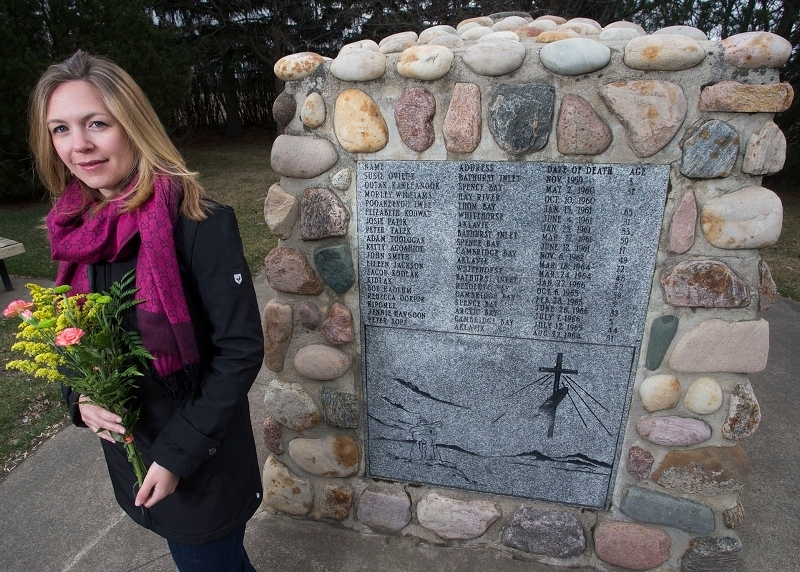Please click here if you need help with this grief and trauma: Indigenous Crisis Support Lines.
This past week the remains of 215 children were found at the former grounds of the Kamloops Indian Residential School in British Columbia. It was an unmarked mass grave on Tk’emlups te Secwepemc First Nation land.
I offer my deepest condolences and heartfelt grief to the families and communities these children belonged to. Like so many in Canada, I have been in mourning myself, and trying to find ways to mark these lives and offer support to Indigenous friends, colleagues, and family members. I have been holding my children extra tight and letting the tears fall.
The reaction of many settlers in Canada has been shock. I was not, unfortunately, shocked. The TRC’s Missing Children Project says over 4000 children died at the schools. Some estimates put it closer to 6000. These 215 children in Kamloops are just the tip of the iceberg.

The work I’ve been doing on the Camsell Hospital the past seven years has also shown how easily and often Indigenous children and teens and adults could “disappear” from life and from the official record. And how hard it is to find that missing information and the remains of a loved one.
The sheer number of children in a mass, unmarked grave is what is shocking. It is once again rattling Canadians’ self-image as kind and polite. It is bringing up images of the mass graves at concentration camps in Nazi Germany during the Second World War. It is bringing up that word so many of us have danced around for decades: genocide.
We have all been through so much during this past year of COVID, and I think we’ve been cracked open by the grief and trauma of this time. We have seen and experienced firsthand in our own families and communities what it is like to not be at a loved one’s side when they are dying or attend their funeral. We have collectively experienced ambiguous grief and pain piled on pain. At many times we have gotten frustrated, upset, angry, and hopeless.
This is the experience of so many Indigenous families, communities, and Nations. Not just because of this discovery or Covid, but for decades upon decades.
When we have dried our tears, gathered up the tiny shoes, and returned the flags to the tops of the masts, let us not forget how much work we need to do as settler-Canadians. Let us stay cracked open enough to be present with this past, with this call for action from beyond the grave.
Here are some links to learn more about this discovery, the process, and the history of residential schools:
- Canada mourns as remains of 215 children found at indigenous school (BBC)
- https://globalnews.ca/news/7901509/kamloops-bc-residential-school-burial-site/
- https://www.ctvnews.ca/canada/tiny-shoes-and-lowered-flags-memorials-spread-for-215-first-nations-children-found-buried-in-mass-grave-in-b-c-1.5448699
How to support survivors of residential schools
